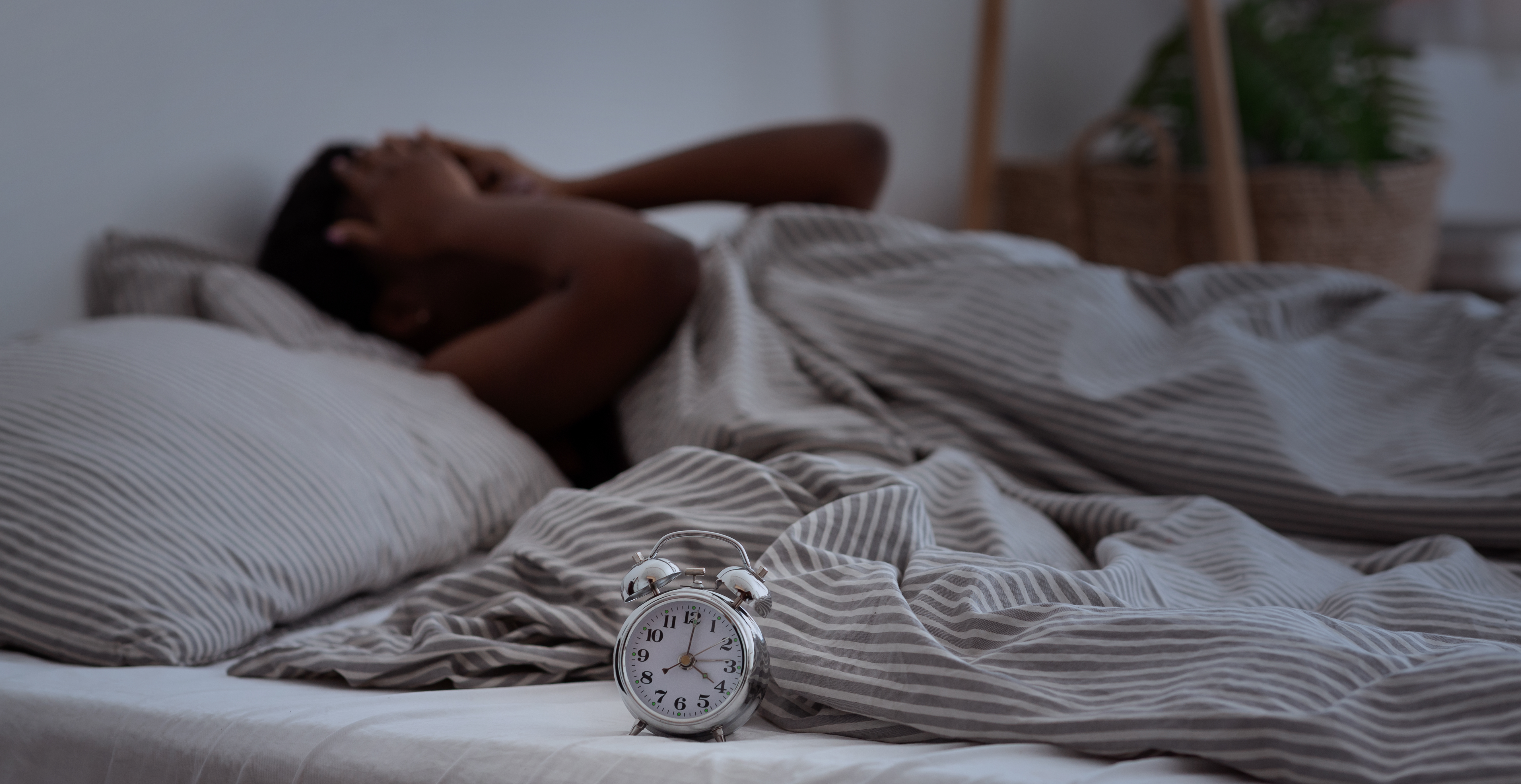15 Expert-Backed Secrets for Unlocking Your Best Night's Sleep
13. The Role of Sleep Aids - When to Seek Help

For some individuals, despite their best efforts, achieving restful sleep remains elusive. In such cases, sleep aids may be considered as a temporary solution. However, it's important to approach sleep aids with caution and seek professional guidance to ensure their safe and effective use. Over-the-counter sleep aids, such as antihistamines, can be effective for short-term relief of sleep difficulties. However, they can cause side effects such as drowsiness and impaired cognitive function. Prescription sleep medications, such as benzodiazepines or non-benzodiazepine hypnotics, may be recommended for individuals with chronic insomnia. These medications should be used under the guidance of a healthcare professional, as they can be habit-forming and may have side effects. In addition to medication, alternative sleep aids such as melatonin supplements or herbal remedies like valerian root may be considered. These options are generally considered safer but should still be used with caution. It's important to address the underlying causes of sleep difficulties and use sleep aids as a temporary measure while implementing lifestyle changes to improve sleep quality. By seeking professional guidance, you can ensure the safe and effective use of sleep aids and achieve more restful nights.
14. The Connection Between Sleep and Mental Health - A Symbiotic Relationship

Sleep and mental health are intricately connected, with each influencing the other in profound ways. Poor sleep can exacerbate mental health issues, such as anxiety and depression, while mental health challenges can disrupt sleep. Understanding this symbiotic relationship is crucial for improving both sleep quality and mental well-being. Sleep plays a vital role in emotional regulation and cognitive function. During sleep, the brain processes emotions and consolidates memories, helping to maintain emotional balance and mental clarity. Conversely, sleep deprivation can lead to mood disturbances, increased stress levels, and impaired cognitive function. Chronic sleep problems can also increase the risk of developing mental health disorders. Addressing sleep issues can have a positive impact on mental health. By improving sleep quality, individuals may experience reduced symptoms of anxiety and depression, enhanced mood, and improved cognitive function. Conversely, addressing mental health challenges can lead to better sleep. By recognizing the connection between sleep and mental health, individuals can take a holistic approach to improving both, leading to brighter days and more restful nights.
